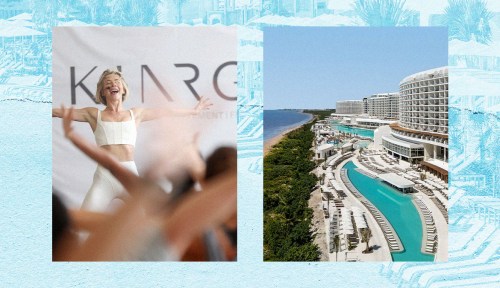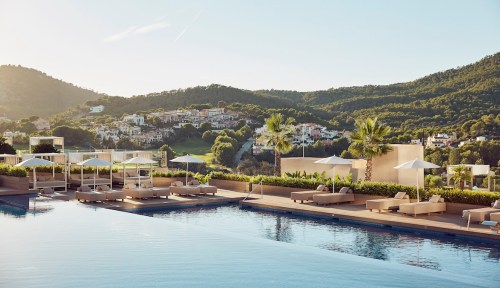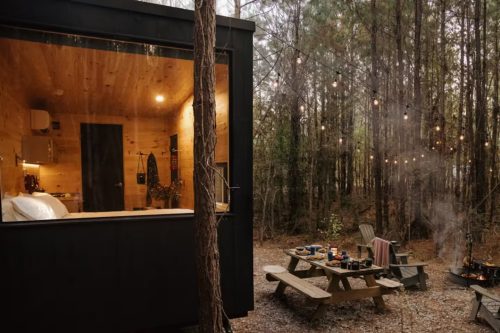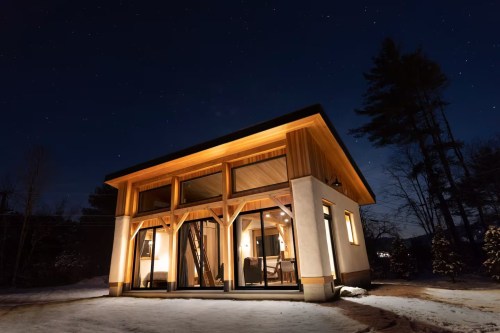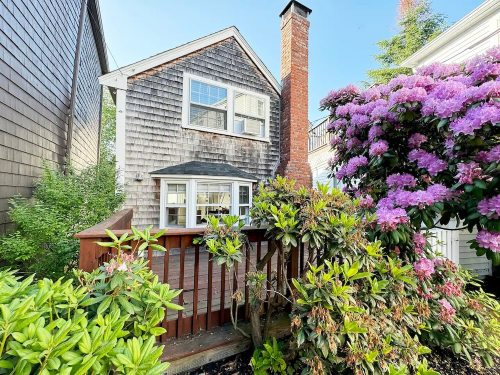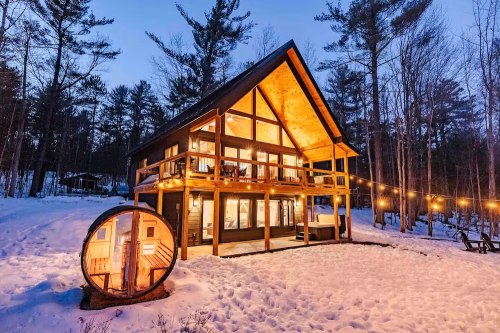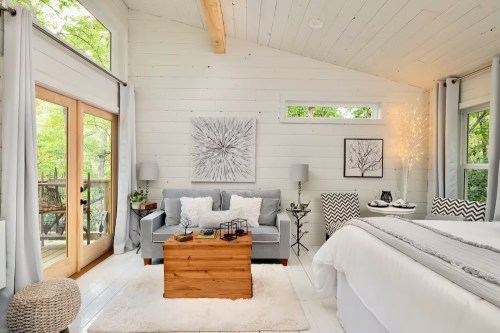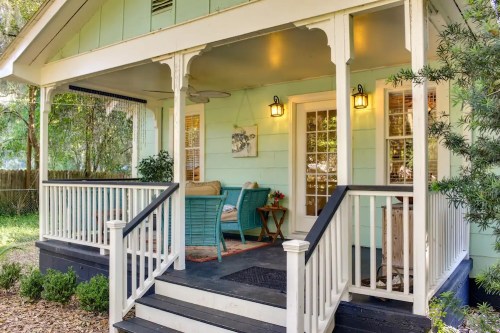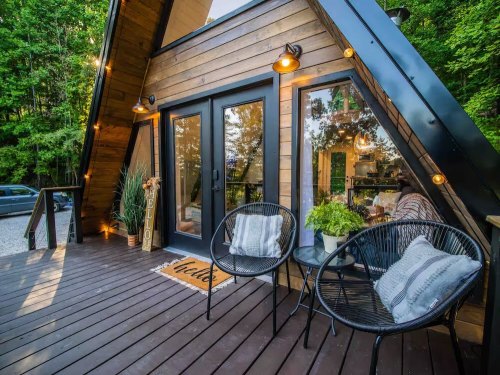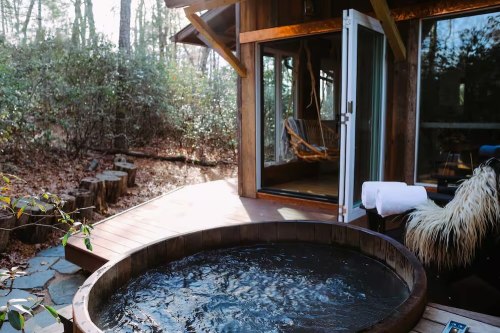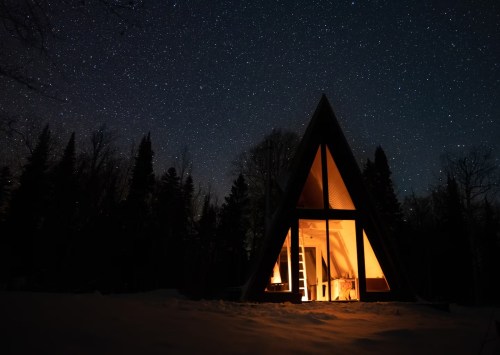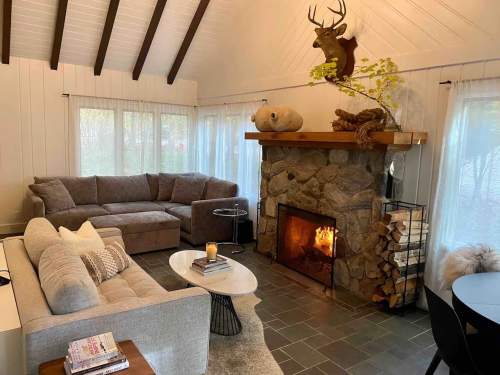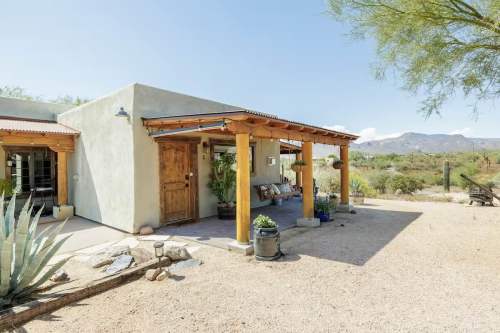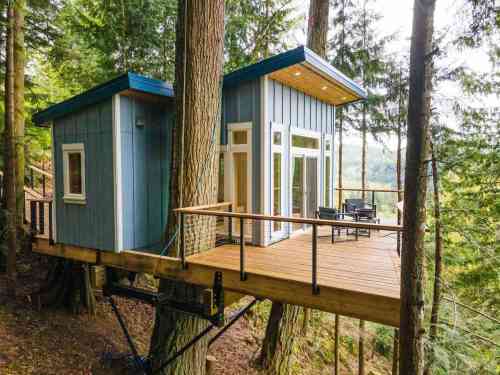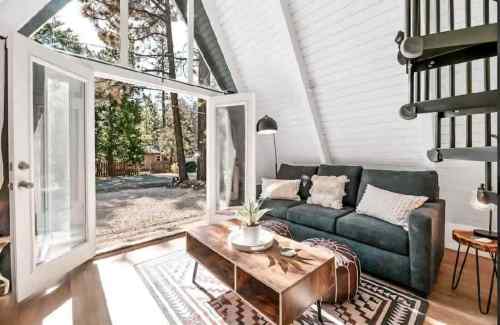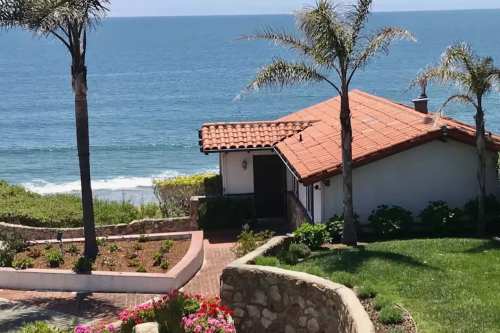When I moved to Portugal last winter, I thought, sure, I might be happier there than I’d been in Brooklyn, but I didn’t realize how much healthier I’d be. And yet, after being in Lisbon for only a few months, my new doctor lowered the dosage of the blood pressure medication I’d been taking for years. Turns out, living in a culture that promotes family and friendships over work and productivity (the sad desk lunch isn’t a thing here) had lowered my stress level that significantly. Its chill vibes are only one of many reasons why the European country that neighbors Spain and Morocco is poised to be the next major wellness destination, though.
First, it’s sunny more than 300 days a year. (Yes, you read that number right.) The weather’s mild—averaging 74 degrees in summer and 52 in winter. Most of the country is near the coast, so you reap the benefits of its mood lifting salty air and negative ions. Lisbon is also compact enough to walk most places—and hilly enough for around half of that walking to count as cardio. Oh, and the countryside and islands are full of soul-stirring rugged wilderness.
A clean-eating scene is flourishing, with new vegan cafés and poké shops opening every week, it seems.
And while it’s not on the Mediterranean Sea, the typical coastal diet has many of the same characteristics as that region’s well-known diet: lots of fish, vegetables, and olive oil (and okay, meat and bread). On top of that, a clean-eating scene is flourishing, with new vegan cafés and poké shops opening every week, it seems, in Lisbon and the country’s other big city, Porto. Plus, high-end projects are elevating the local food scene, like Terroir Wine Bar, the excellent pop-up-turned-permanent vegetarian restaurant at the Six Senses Douro Valley from star chef Ljubomir Stanisic (of Lisbon’s 100 Maneiras). And sold-out events, like the recent, delectable “Out of the Box” dinner at the wellness-minded creative hub O Apartamento thrown by Vasco Coelho Santos (of Euskalduna in Porto), are also helping build Portugal’s reputation as a world-class dining destination, IMO.
In other words, “Portugal has it all!” says Beatriz Duarte, a spokesperson for Luz Houses, a small, wellness-centric hotel in the center of the country. “It’s the people, our history, the cultural diversity, and the beautiful landscapes that this small country at the seaside possesses.”
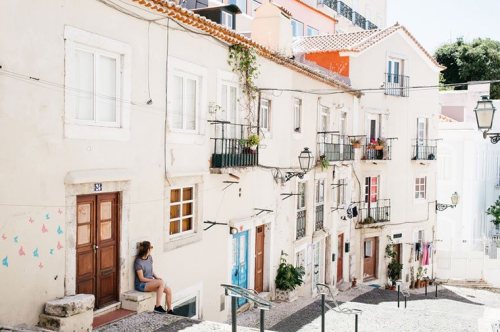
When it came to designing Luz Houses, Duarte says that they went in a spiritual and wellness direction because their location is near Fátima, which “has been marked since time immemorial by a strong spiritual component that culminated in the apparitions of the Virgin Mary,” she notes. Nothing about the property, with its decor of simple natural materials and international cosmopolitan clientele, feels religious per se, but there’s an undeniable energy that the owners are tapping into.
Their land also has an ancient cave, which serves as a makeshift spa where guests are especially connected to the earth and able to experience natural aromatherapy and phytotherapy services. And all of the treatments make use of both local flora and ancestral Ayurvedic healing traditions.
“Portugal is still a very genuine destination—here people are still connected to nature, to each other.”
Another small hotel with big wellness ambitions is Sublime Comporta. That’s most evident during a winter retreat season that draws top international teachers to lead weeks of programs and seminars that focus on yoga, detox, and meditation, all of which are actually built into Sublime’s DNA: The regular menu, which is full of healthful options (roasted cauliflower with kimchi, for instance, and snapper with chlorophyll rice), draws heavily on the hotel’s own organic garden. And walking through a cork forest or on a seemingly endless beach is inherently meditative.
“Portugal is still a very genuine destination—here people are still connected to nature, to each other,” says Teresa Barros, the hotel’s marketing and communications director. “They have a special relationship with time—and slowing down, eating well, and taking care of your body is what wellness is all about.”

Connection with people is also something Isa Guitana, the creator of Lisbon’s beloved Casa Vinyasa, cites when talking about Portugal as a wellness destination. “Portugal is so welcoming to foreigners,” she says, not just of her yoga shala—where she regularly hosts vegan brunches and workshops by international stars like Sarah Britton and Tiger Singleton—but of the country in general. (Though she says expat or tourist students from as far away as Japan tell her every day how touched they are by the warm welcome at Casa Vinyasa.)
Stressed About The Cost of Holiday Travel? Amazon Could Fly You Home for Just $25 (Yes, Really)

Young Travelers Are Embracing ‘Glowbirding’ to Escape Winter Blues—Here’s Exactly How (and Where) to Do It, Too

‘I’m a Longevity Doctor, and Visiting This Island Changed My Perspective on What Longevity Means’
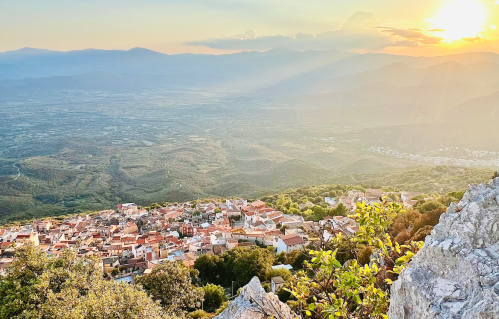
Guitana often takes students to practice in the Azores, an archipelago of nine volcanic islands about 850 miles west of the mainland. And her eyes light up when she talks about the island São Jorge.“There are no cars or electricity—you’re just with nature,” she says.
“There are no cars or electricity—you’re just with nature.”
If you’re already starting to search for flights, know that there’s currently a direct one from Boston that’s less than five hours, and another from New York will begin this spring, making all of these Portuguese destinations as close as Central America or the southern Caribbean. And not all of it’s as rustic as São Jorge. The main island, São Miguel, has several wellness-leaning resorts, such as Santa Bárbara Eco-Beach Resort and White Exclusive Suites & Villas.
“We want to make a difference and offer special services to our guests—from basic massages to more spiritual and energetic experiences,” says João Reis, who owns both wellness resorts. One example is their partnership with a Portuguese healer who studied Thai massage in Thailand and Ayurveda in India but was drawn by the island’s energy to live in the Azores. At White, he performs massages, drawing on reiki and other energetic traditions, and teaches yoga classes, but also waste (a kind of gentle massage and stretching while in warm water) and leads sessions in underwater meditation with Himalayan singing bowls in the heated saltwater pool. And I must mention, their massages are far from ordinary. In one 30-minute session, he cleared up the shoulder pain that had plagued me for two months—and pinpointed the emotional challenge that had helped cause it.
“The Azores are nature,” says Reis, who forsook the city for island life. “For any wellness-minded traveler, nothing is better than being in a quiet place, where you can breathe fresh air, where the landscapes are breathtaking, and the service is genuine—we’re a pearl in the middle of the Atlantic.”
Sign Up for Our Daily Newsletter
Get all the latest in wellness, trends, food, fitness, beauty, and more delivered right to your inbox.
Got it, you've been added to our email list.


